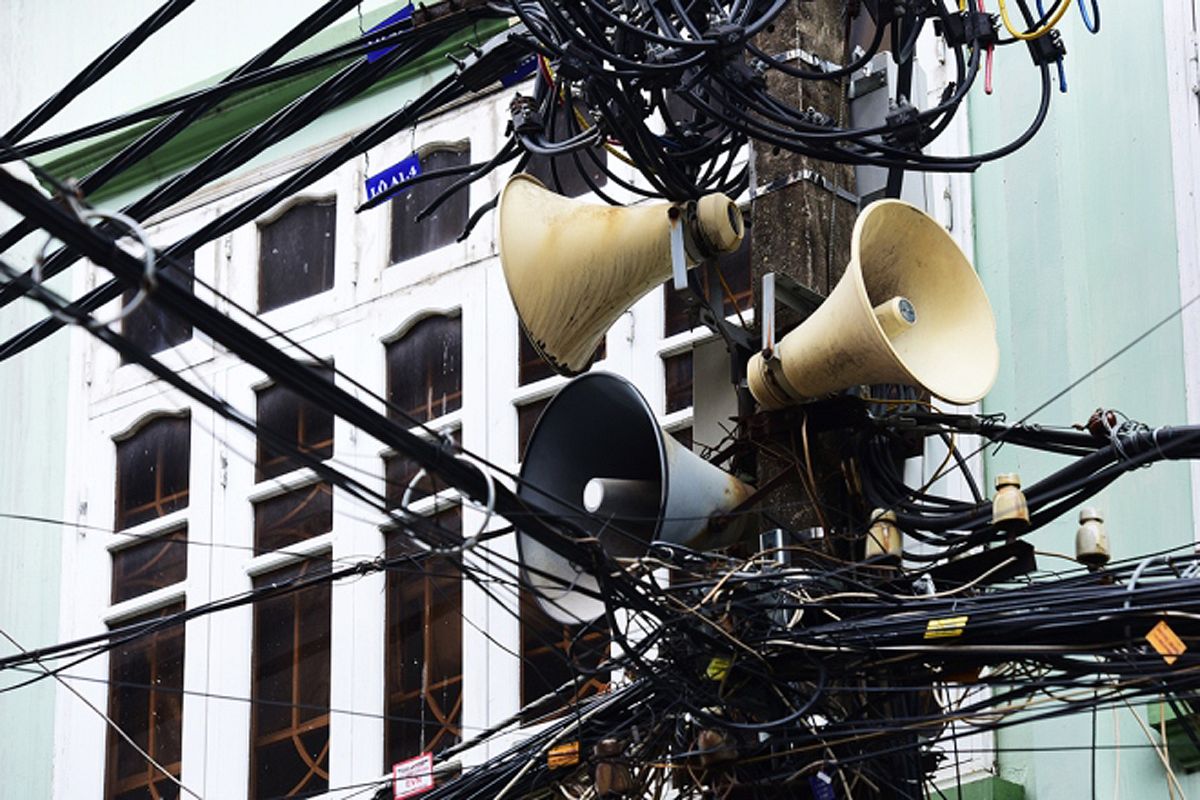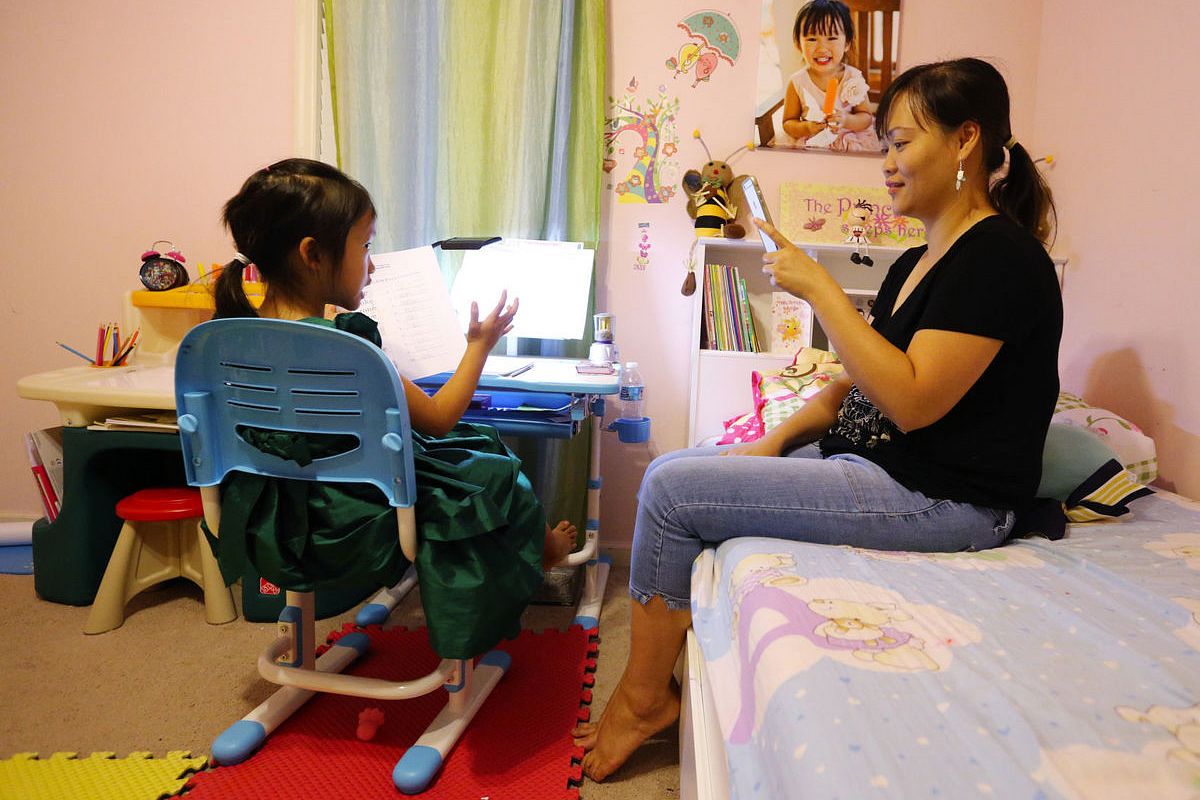Japan has agreed to welcome 10,000 Vietnamese caregivers to the country by the summer of 2020 to fill a labor shortage in nursing care.
As reported by Nikkei Asian Review, the Japanese government recently confirmed the plan.
According to the Ministry of Economy, Trade and Industry, Japan had a deficit of 40,000 caregivers as of 2015. This figure is expected to soar to 790,000 by 2035 as a result of the country’s rapidly aging population. People belonging to Japan's baby boomer generation born in the late 1940s will all be 75 years or older by that time.
The news source shares that Japan is considering receiving 3,000 Vietnamese caregivers within the next year. They will be provided with financial assistance from Tokyo for language training. Afterward, the total number will grow to 10,000.
To reach this target, the Japanese government has prepared educational expenses for overseas employees to attend language school. Under the program, Japan has also negotiated with companies that guide caretakers in assisting the elderly. Accordingly, Japan will welcome 3,000 people from 12 designated Japanese companies as technical trainees, while the Vietnamese government will permit talent transmission abroad through six agencies, the news source explains.
Prime Minister Shinzo Abe on Tuesday indicated that Japan will accept more foreigners workers, including from Indonesia and Cambodia, from April next year with an update to residence statuses.
Japan and Vietnam plan to sign a memorandum of understanding on this initiative by the end of the year. The plan will fall under the "Asia Health and Human Well-Being Initiative," a program under which Japan will share expertise related to nursing care with other Asian nations.
However, some opposition to this effort remains, as Nikkei shares. A senior labor ministry official told the news source: “Not only would it not benefit the foreign workers themselves, but it could also take jobs away from Japanese workers.”
[Photo via Nikkei Asian Review]














